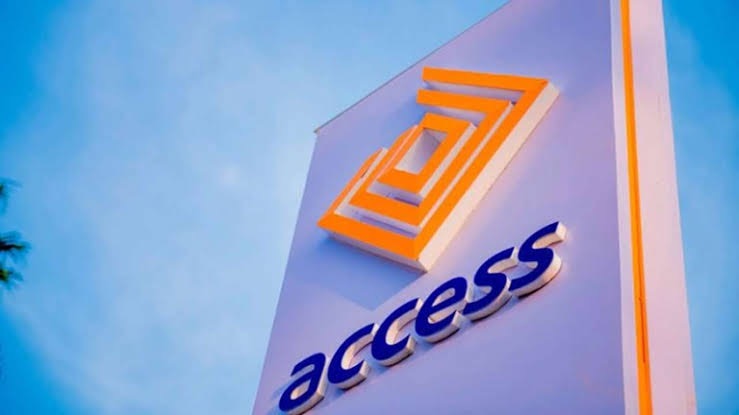Access Holdings, the parent company of Nigeria’s largest bank, Access Bank, has said that it will be going fully digital for its N365bn rights issue.
In a notice filed with the Nigerian Exchange Limited, the holding company said it was seeking to raise N365bn through a rights issue to fortify its capital base, support expansion and its ability to seize emerging opportunities in the financial sector.
It is also seeking a combined capital raise of up to $1.5bn via equity, quasi-equity, and debt issuances.
Speaking with journalists at the second Annual General Meeting of the Holdco, the chairman, Aigboje Aig-Imoukhuede, disclosed that digital technology would play an interesting role in the bank’s capital-raising efforts.
He said, “If you remember the 2004 capital raising, we went around Nigeria. It led to the democratisation of our capital market, others followed suit. The number of shareholders of banks and the capital market increased as a result of that effort.

“This time around, we have digital technology that we are going to deploy fully. There have been public offers that have leveraged digital technology but using Access Bank’s capacity, the NGX’s digital capacity, we are going to do some interesting things. This rights issue, we have shareholders and each of them would be able to make that investment decision just by touching their phones. That way, the issue of dilution and concerns that they may have about participation would be dealt with.”
On the floor of the AGM, Aig-Imoukhuede took shareholders down memory lane to 2004 when the banking group raised funds and said that they were equal to the task.
He said, “We’re moving on to the rights issue resolution. At this junction, I think we’ll take one minute to crave your indulgence as I appreciate you all for the support you have given our predecessor company, Access Bank, and of course now Access Holdings.
“We have sought to raise capital. The amount that we mention today is high and significant and the capital-raising effort that we are pursuing is a significant step into the future. I would like to remind shareholders that between 2004 and 2007, our team when I was CEO raised $2bn of common equity capital. Therefore, come 2024, Access Bank is much older, much wiser, much stronger, larger and significantly respected by the capital market, really raising over N300bn is not much of a challenge.”
Aig-Imoukhuede, who co-founded Access Bank with the late Herbert Wigwe, encouraged minority shareholders to take up their rights, saying, “We are interested in shareholders; large, small continuing with us on our journey. We have always had a unique relationship with the capital market locally and internationally. They have always supported us when we come up with good reasons and the performance that would be delivered after such capital raising efforts, so we signalled to the market first that we would be doing a rights issue, what does that mean? We have large institutional shareholders and others but we believe that we must carry everybody along. They have been with us thus far and this is not the time to say that we are going to raise money and because a few can do it, no, everybody is going to participate in this capital-raising exercise.”
Speaking on the utilisation of the proceeds from the rights issue, the Group Chief Executive Officer of Access Holdings, Bolaji Agbede, said the banking subsidiary would be getting a huge chunk of it to meet the regulatory requirements of the apex bank.
Agbede said, “In terms of the proceeds from the rights issue which we are hoping to get about N365bn, we will be giving the bulk of it to the banking group to enable them to meet the CBN’s capital requirement. Part of the things that they are using it for is as working capital requirements for investment in African subsidiaries as some of the growth in the international subsidiaries that they have.
“If you look at all the headwinds that are coming along, it is important that you have a robust capital plan and this is one of those things that would help them. The other thing that we will also be doing is that some of the amount, not as much as the banking group of course would be going into the non-banking subsidiaries as well.”
Olaitan Ibrahim